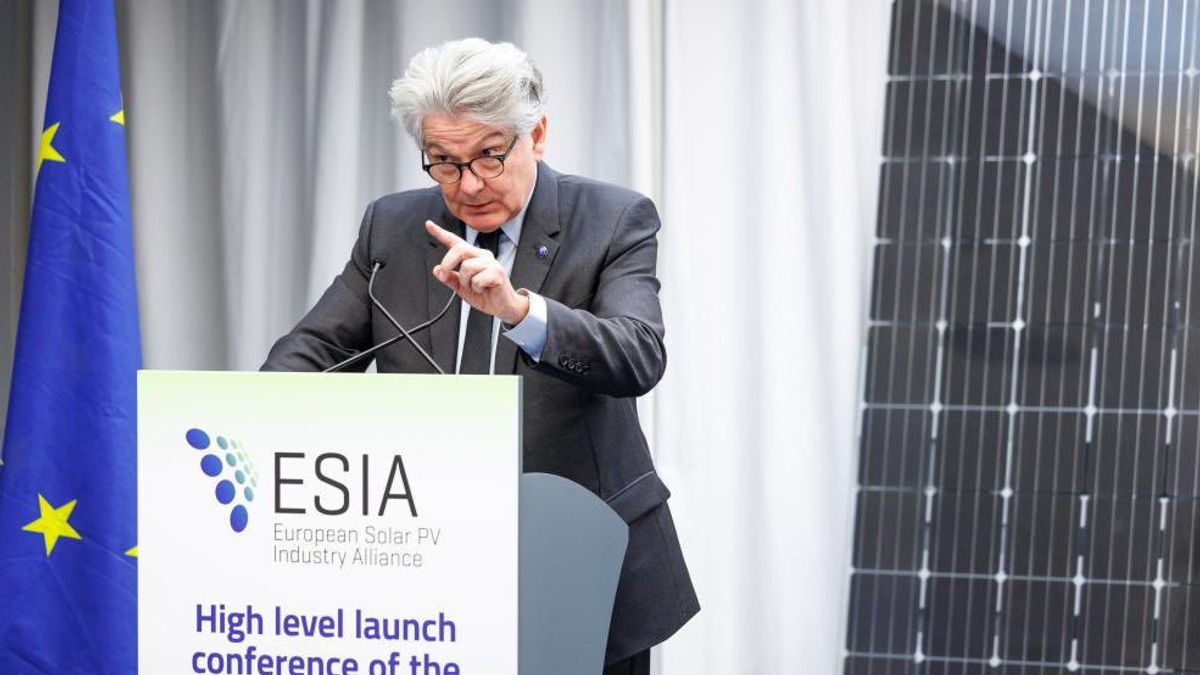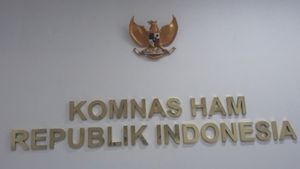EU legislators have not been able to reach an agreement on how to regulate artificial intelligence systems such as ChatGPT, which are against the main laws aimed at controlling artificial intelligence (AI).
As negotiators gathered on Friday December 1 for important discussions ahead of final talks scheduled for December 6, a 'foundation model' or a generative AI had become a major hurdle in talks on the AI Bill proposed by the European Union. This was said by some sources who did not wish to be identified because the talks were confidential.
The Foundation models like those built by the Microsoft-backed OpenAI are AI systems trained with large amounts of data, with the ability to learn from new data to perform various tasks.
After two years of negotiations, the bill was approved by the European Parliament in June. The proposed AI rules now need to be agreed upon through a meeting between representatives of the European Parliament, Council, and European Commission.
Experts from EU countries will meet on Friday to formulate their positions on foundation models, access to source codes, fines, and other topics. Meanwhile, legislators from the European Parliament also gathered to resolve their opinions.
If they cannot reach an agreement, the law is at risk of being postponed due to a lack of time before next year's European parliamentary elections.
While some experts and legislators have proposed a tiered approach to organizing the foundation model, which is defined as "they" which have more than 45 million users. But others also say the smaller model can also be at the same risk.
However, the biggest challenge to reach a deal comes from France, Germany and Italy, who prefer to let genrative AI model makers regulate themselves rather than have strict rules.
During a meeting of the country's economic ministers on October 30 in Rome, France managed to convince Italy and Germany to support the proposal.
Prior to that, negotiations went smoothly, with legislators making compromises in various other conflict areas such as regulating high-risk AIs.
EU Commissioner Thierry Breton, a number of European parliaments, and many AI researchers have criticized this regulation.
In an open letter this week, researchers like Geoffrey Hinton warned that the regulations for self-regulation "most likely will not reach the standards required for the safety of the foundation model."
French-based AI Mistral and German-based Aleph Alpha have criticized a tiered approach to organizing foundation models, winning support from their respective countries.
Sources close to Mistral say the company supports tough rules for products, not the technology where the product is built.
"Although relevant stakeholders are working as well as possible to maintain the course of negotiations, growing legal uncertainty does not help European industries," saidten Rulf, Partner and Associate Director at the Boston Consulting Group.
"The European business wants to plan next year, and many of them want to see some kind of certainty around the EU AI Law towards 2024," he added.
Other issues pending in talks involve the definition of AI, the assessment of the impact of basic rights, law enforcement exceptions, and national security exemptions, the sources told Reuters.
SEE ALSO:
Legislators are also divided over the use of AI systems by law enforcement agencies for individual biometric identification in public places, and cannot reach an agreement on some of these topics in a meeting on November 29. Spain, which served as EU president until the end of this year, has proposed a compromise to speed up the process.
If an agreement is not reached in December, Belgium's next president will have several months to try to achieve it before it is likely to be postponed ahead of European parliamentary elections.
"Six or seven weeks ago, if you asked me, I would say that we see compromise emerging across all key issues," said Mark Brackel, policy director at the Future of Life Institute, a nonprofit that aims to reduce the risk of advanced AI. "This is now becoming much more difficult," he added.
The English, Chinese, Japanese, Arabic, and French versions are automatically generated by the AI. So there may still be inaccuracies in translating, please always see Indonesian as our main language. (system supported by DigitalSiber.id)


















